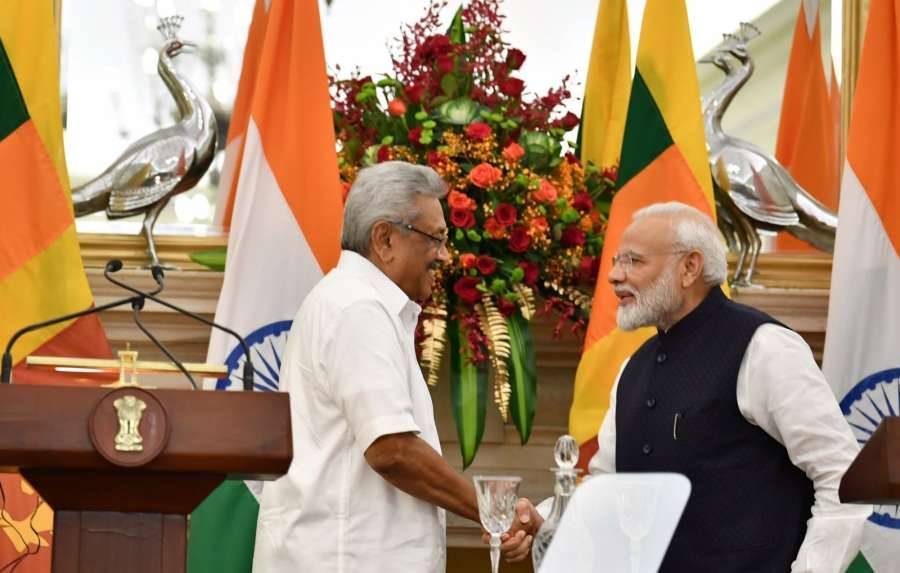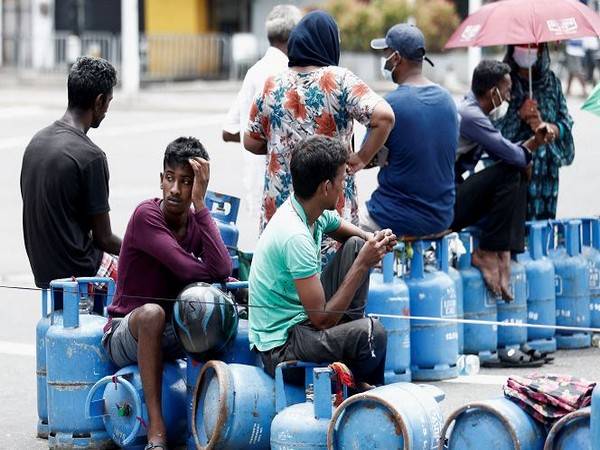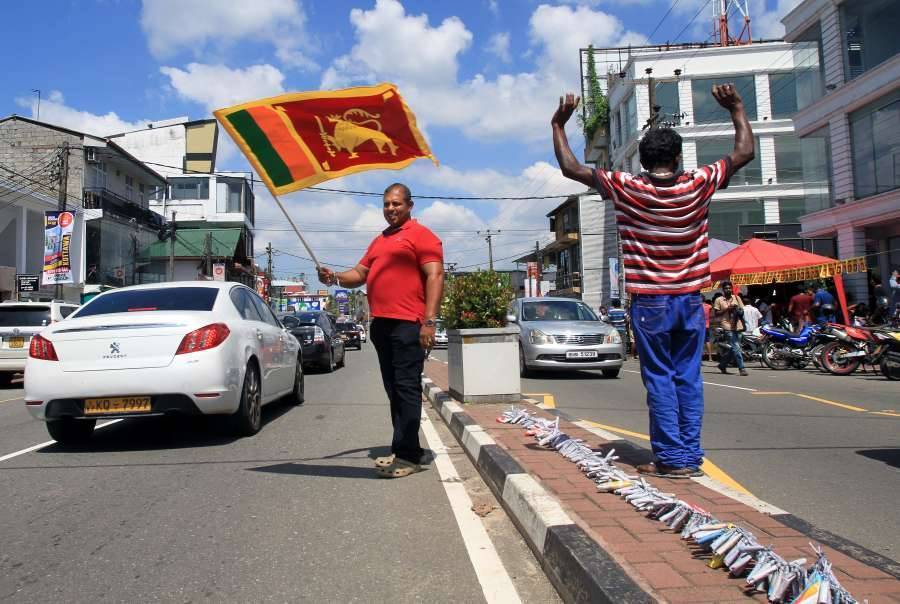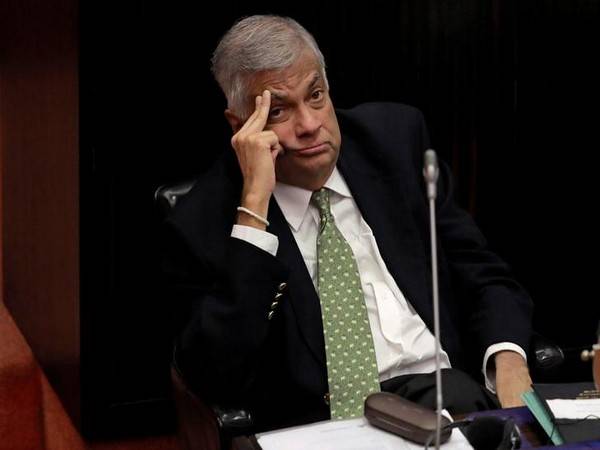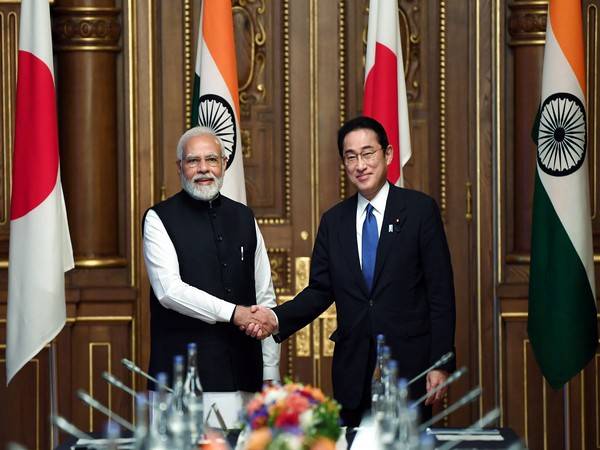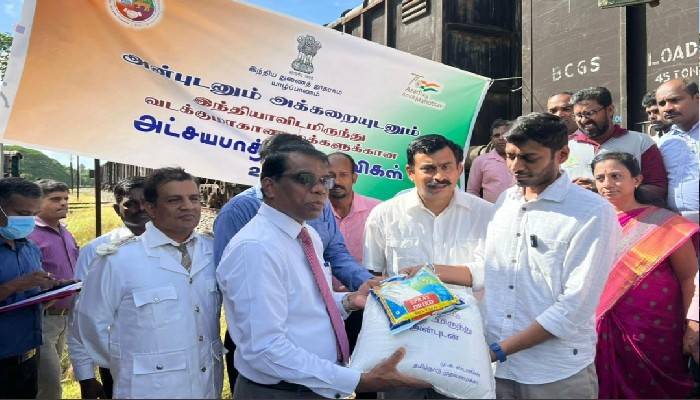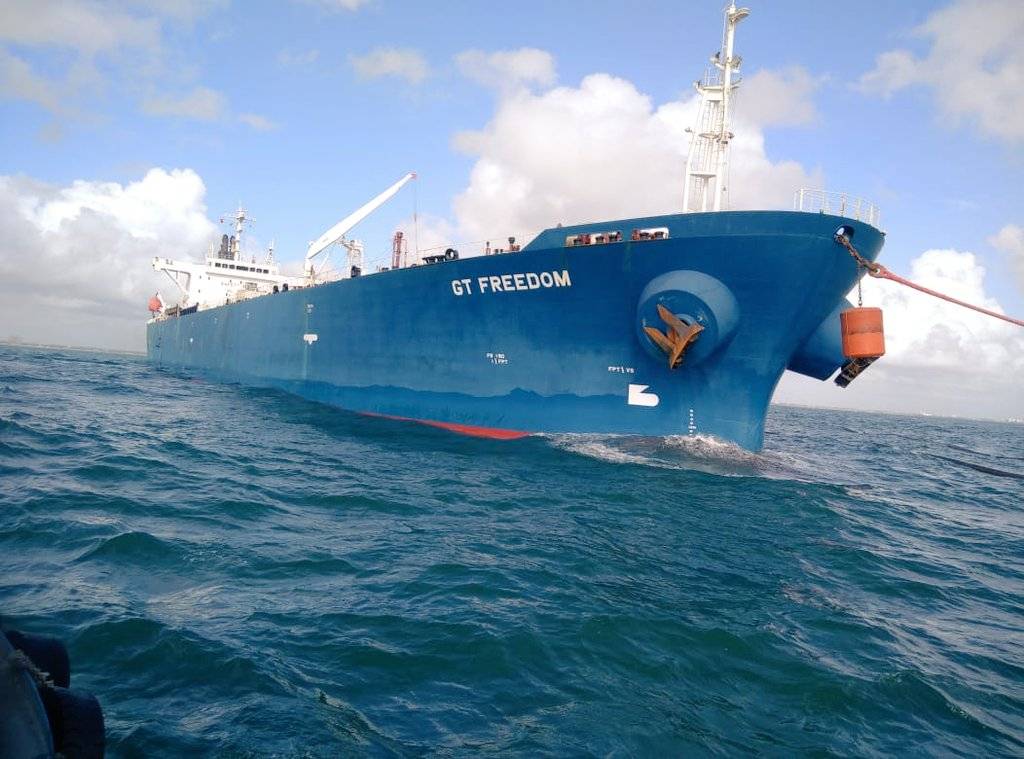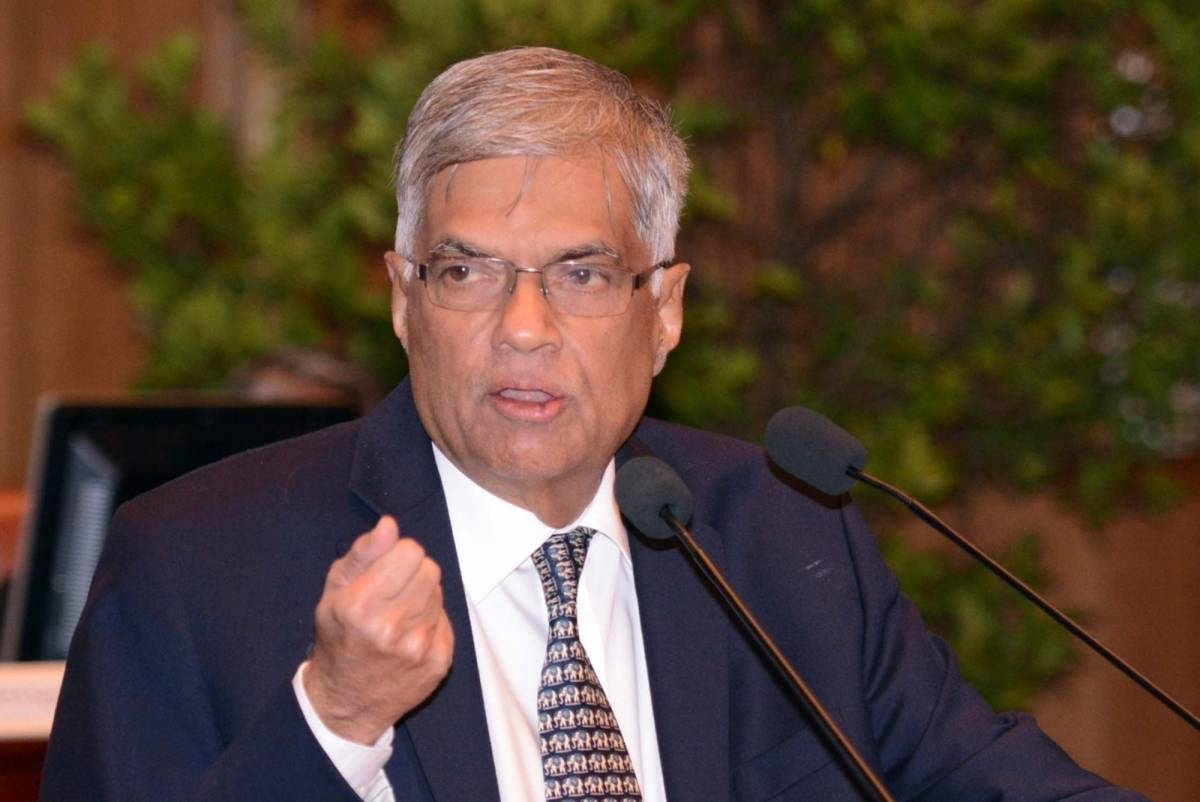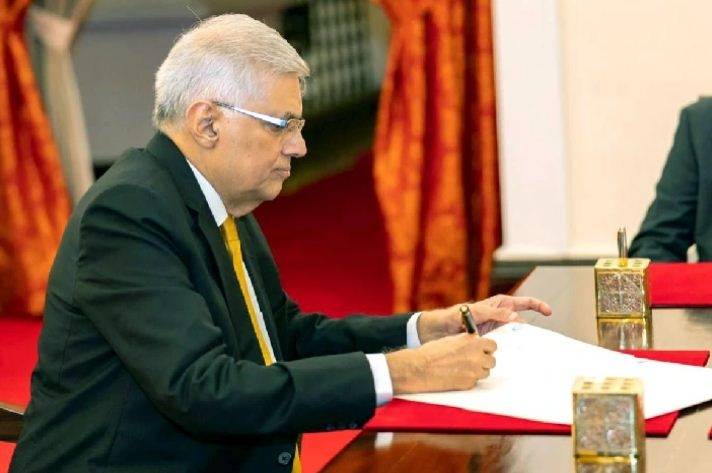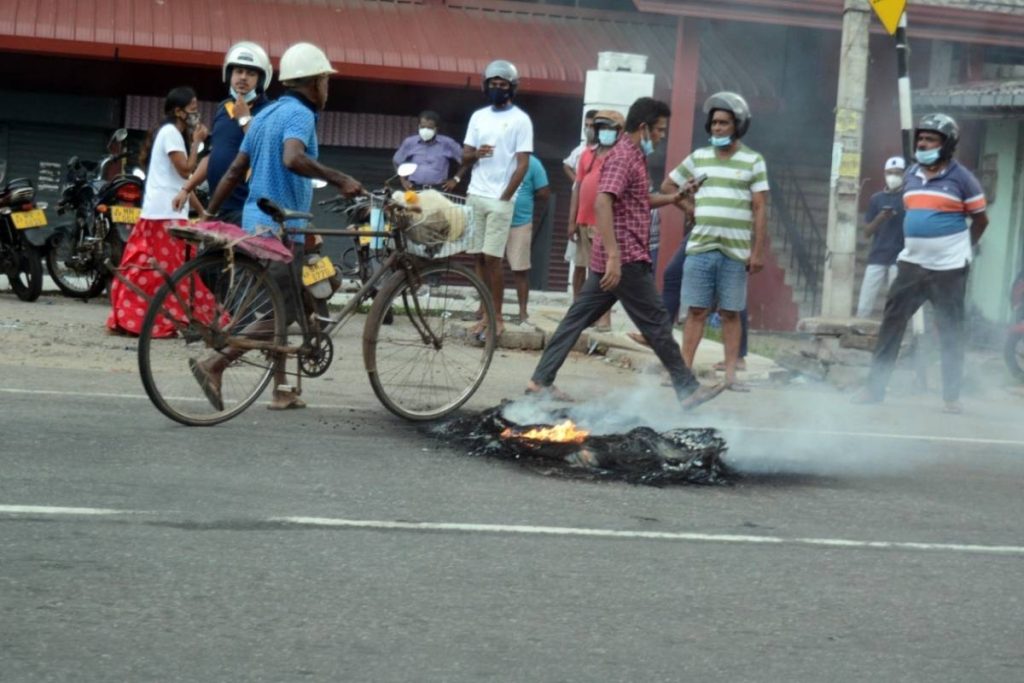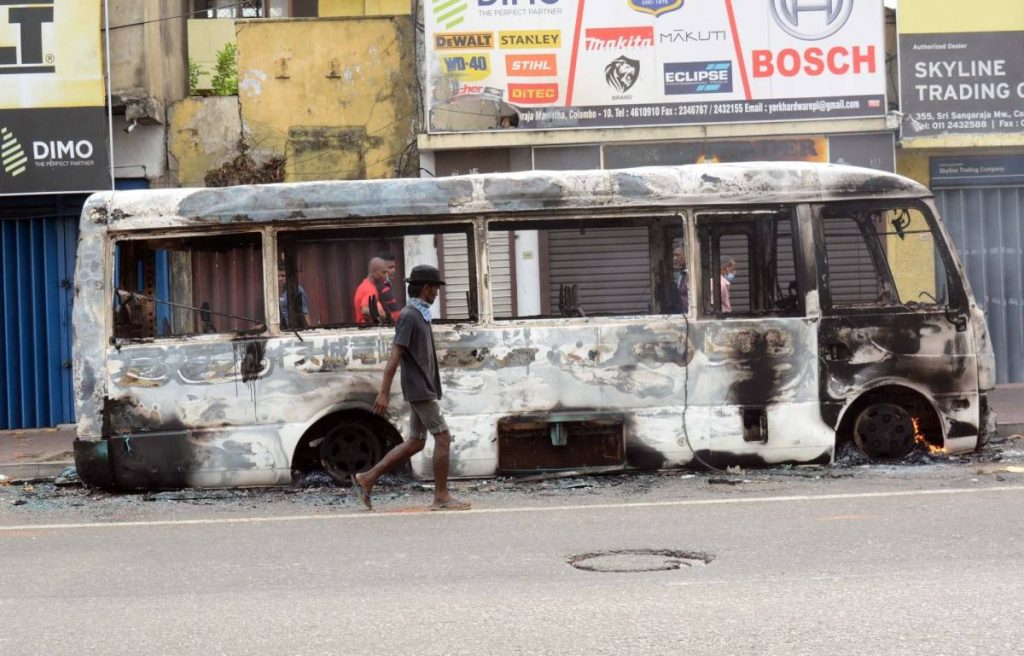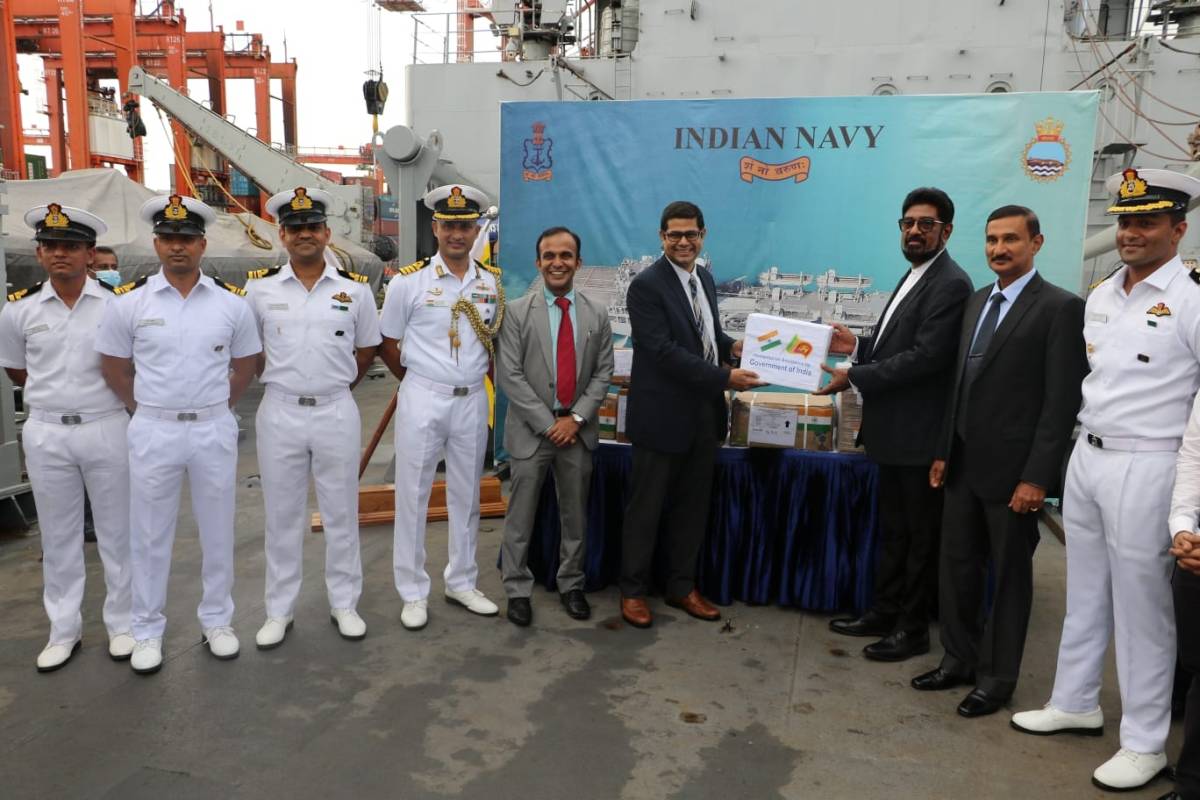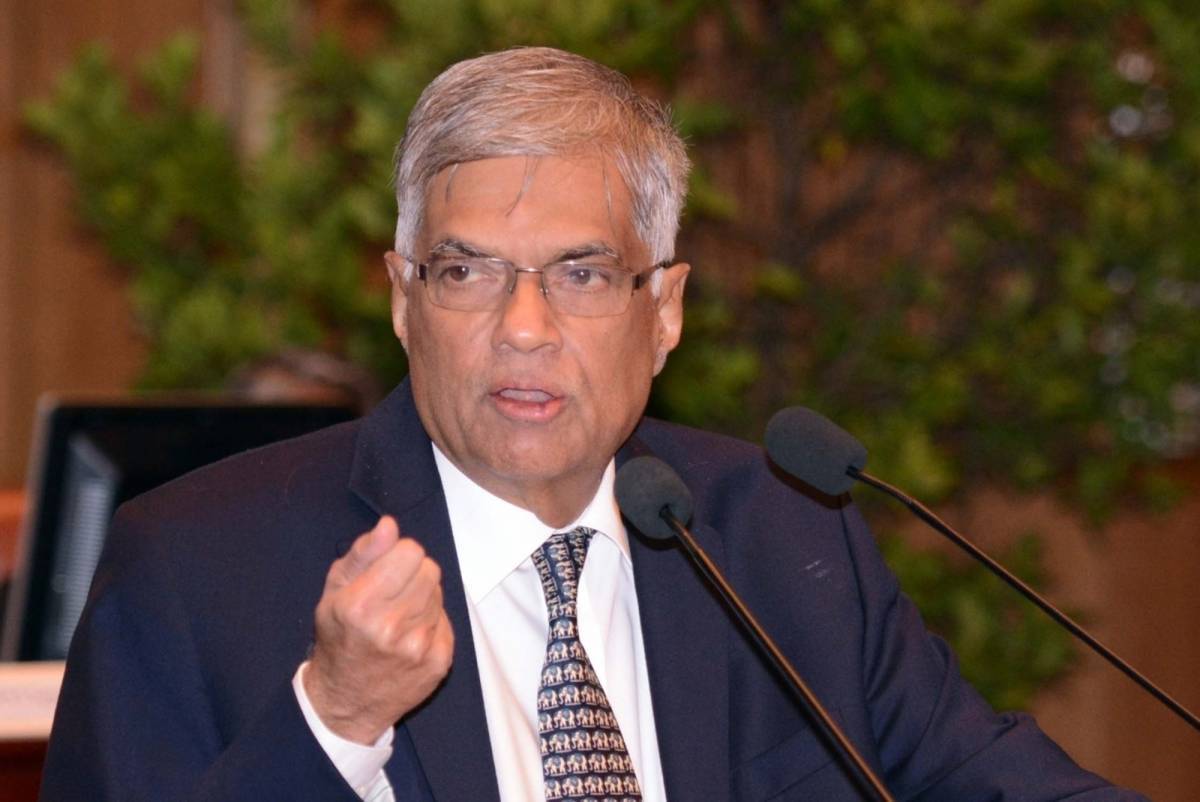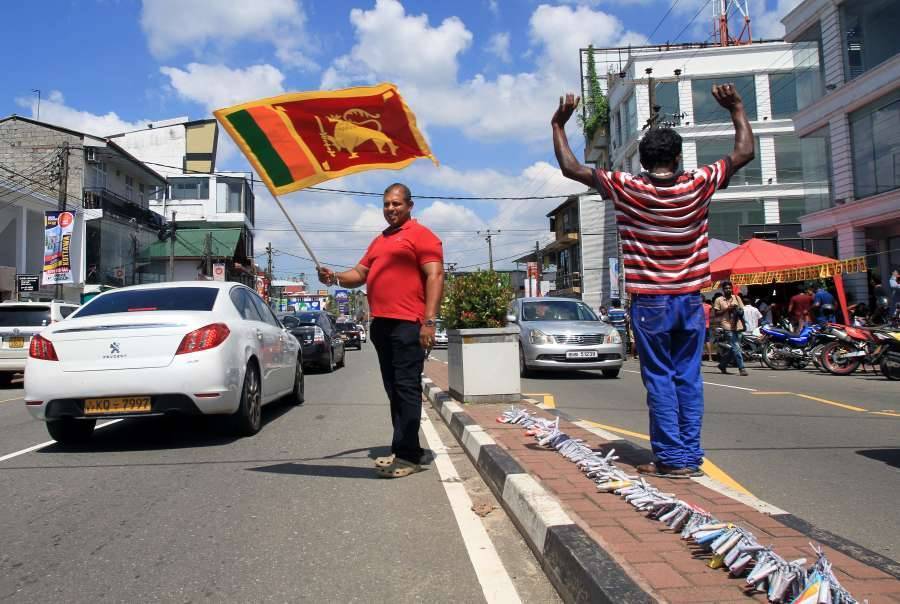Last week, India handed a total of 3.3 tons of essential medical supplies to Sri Lanka…reports Asian Lite News
Sri Lankan Agriculture Minister Mahinda Amaraweera has sought India’s help for food security and environmental protection, according to a Sri Lanka publication.
Indian High Commissioner to Sri Lanka Gopal Baglay recently met the Sri Lankan Agriculture Minister.
The meeting came amid India’s continuous support to Sri Lanka to address the problems in the agricultural sector during the unprecedented economic crisis in the country.
Due to economic and political turmoil, large-scale protests have been taking place for months, leading to the ouster of former Prime Minister Mahinda Rajapaksa.
Last week, India handed a total of 3.3 tons of essential medical supplies to Sri Lanka.
These humanitarian supplies are in continuation of the Indian government’s ongoing support to the people of the crisis-ridden island nation in forms such as financial assistance, forex support, material supply and many more.
According to Indian High Commission, more than 25 tons of drugs and medical supplies which were donated by the Government and people of India during the last two months are valued at close to SLR 370 million.
This is in addition to the economic assistance of around USD 3.5 billion and supply of other humanitarian supplies such as rice, milk powder, kerosene etc.
These efforts testify to Prime Minister Narendra Modi’s ‘Neighbourhood First’ policy which places people-to-people engagement at its core.
Ongoing commitment to the people of Sri Lanka attests to the importance attached by the peoples of India and Sri Lanka for the well-being of each other.
In line with its “neighbourhood first” policy, India again came forward to help Sri Lanka during its economic crisis as High Commissioner to Colombo, Gopal Baglay on Friday handed a total of 3.3 tons of essential medical supplies to the 1990 Suwaseriya Ambulance Service.
Baglay said that External Affairs Minister S Jaishankar was apprised of the looming shortage of medical supplies faced by the Foundation during his visit to the Suwaseriya Headquarters in Colombo in March 2022. (ANI)
ALSO READ-Chinese contribution to the Sri Lankan financial crisis

